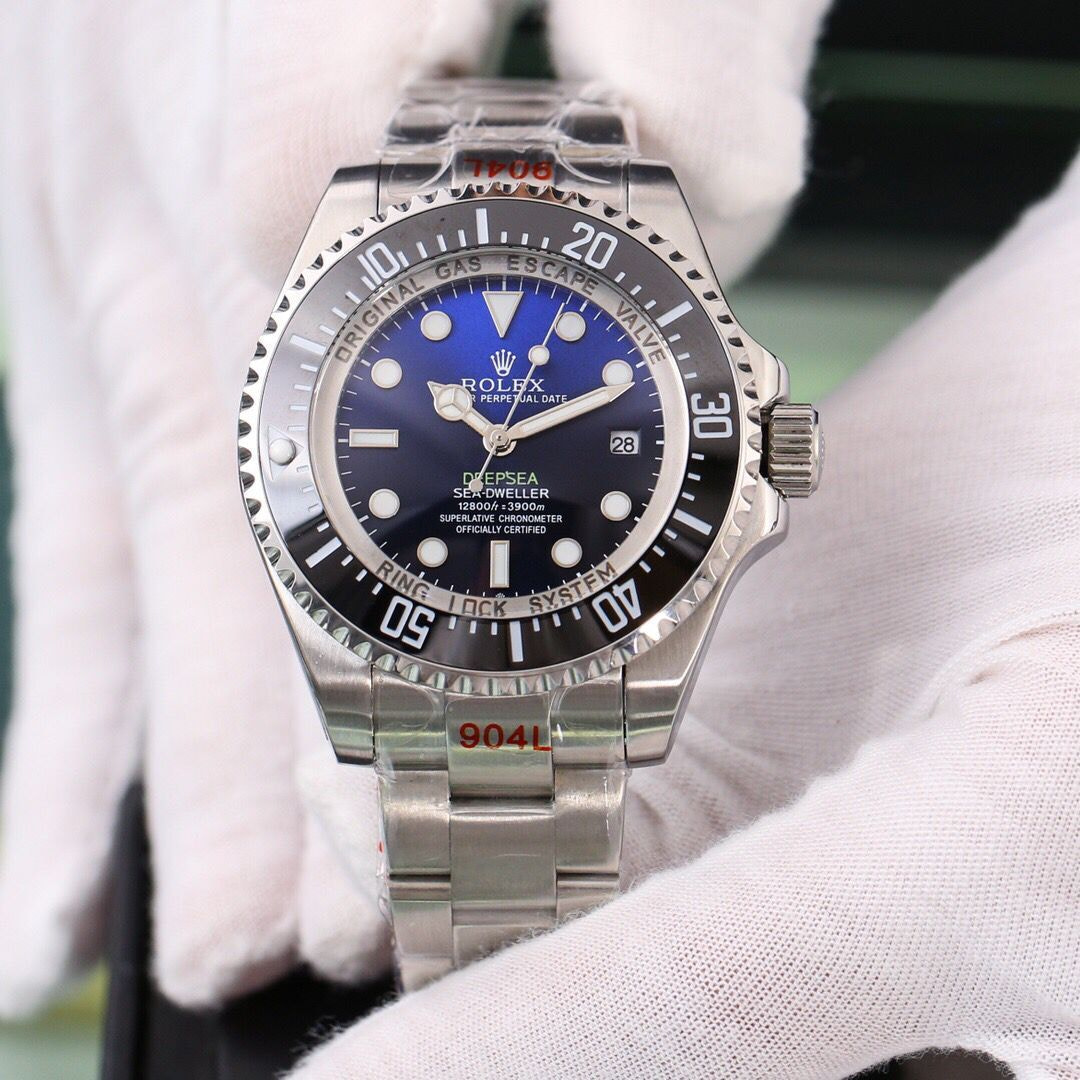The Dark Side of Luxury
페이지 정보
작성자 Del 댓글 0건 조회 2회 작성일 25-07-21 20:05본문
The history of counterfeit luxury brands dates back to the early 1900s, when luxury goods were first becoming desired by the elite. As the demand for designer goods increased, so did the demand for pirated products. In the 1920s and 1930s, counterfeiters began to assemble fake designer items, including high-quality imitations.

One of the earliest known cases of counterfeiting involved the French fashion designer, Coco Chanel. In the 1940s and 1950s, counterfeit versions of the Chanel No. 5 perfume were flooding the market. These fake items were so plausible that even some of the world's top fashion retailers were accepting counterfeits.
The rise of the counterfeit industry gained momentum in the 1980s, with the emergence of massive counterfeiting operations in areas like Southeast Asia. These operations were often linked to illicit organizations and used sophisticated methods to produce high-quality fake goods.
The internet has proven to be a godsend for counterfeiters, as it has made it more convenient than ever to purchase fake luxury goods with recklessness. Online marketplaces and social media platforms have become breeding grounds for counterfeiters, who use these platforms to sell their fake goods to unsuspecting consumers.
The consequences of counterfeiting are wide-reaching. Not only do counterfeiters deprive legitimate designers and manufacturers of revenue, but they also put consumers at risk of buying fake and potentially hazardous goods.
Luxury brands are fighting back against counterfeiting, using a range of tactics to detect and stop counterfeiters. These include collaborating with authorities, using sophisticated methods to track down and shut down counterfeiting operations, and informing shoppers about the perils of fake goods.
Consumers have a vital role to play in preventing counterfeiting, by being vigilant and doing their research before making a purchase. This can involve checking for authentic marks and logos, inquiring about the legitimacy of a product, and being suspicious of unusually low prices.
In conclusion, the history of counterfeit luxury brands is a rich and insightful one, with ancient ties in the fashion industry. By comprehending the tactics and strategies of counterfeits, and by taking steps to prevent and prosecute counterfeiting, スーパーコピー we can work towards a future where luxury goods are genuine and authentic.
댓글목록
등록된 댓글이 없습니다.